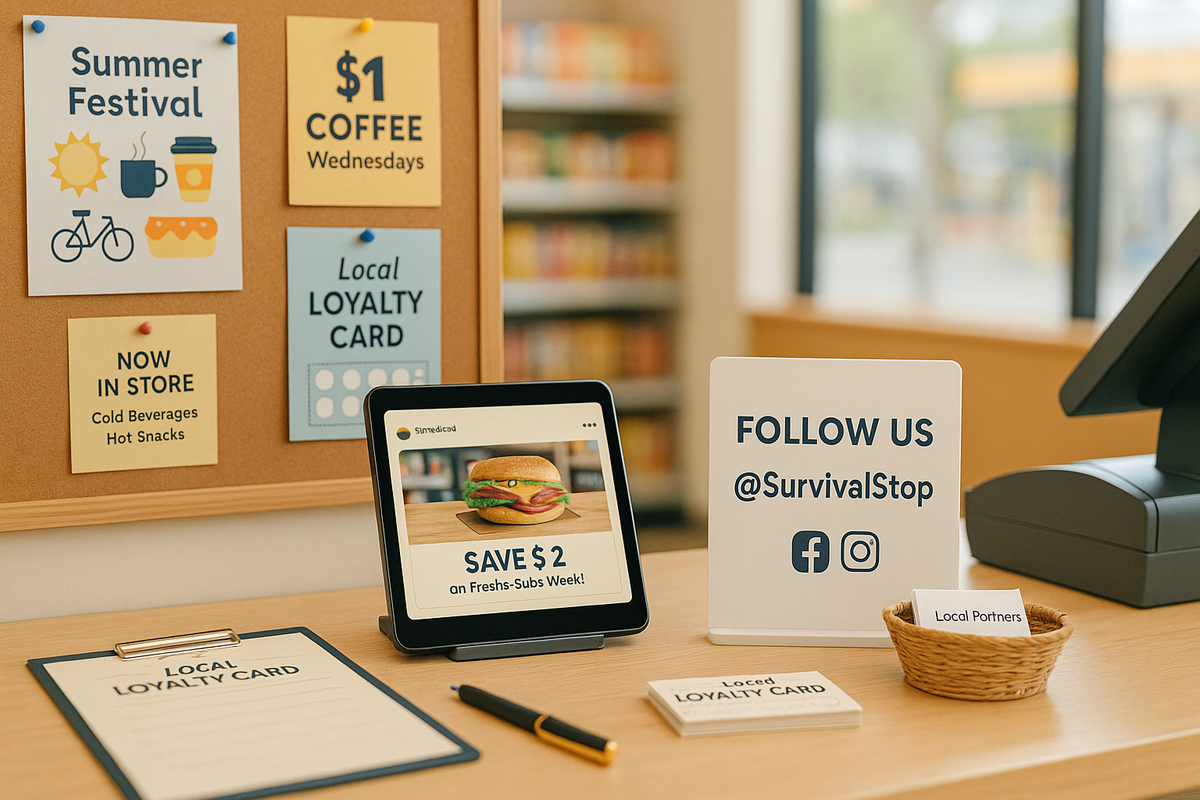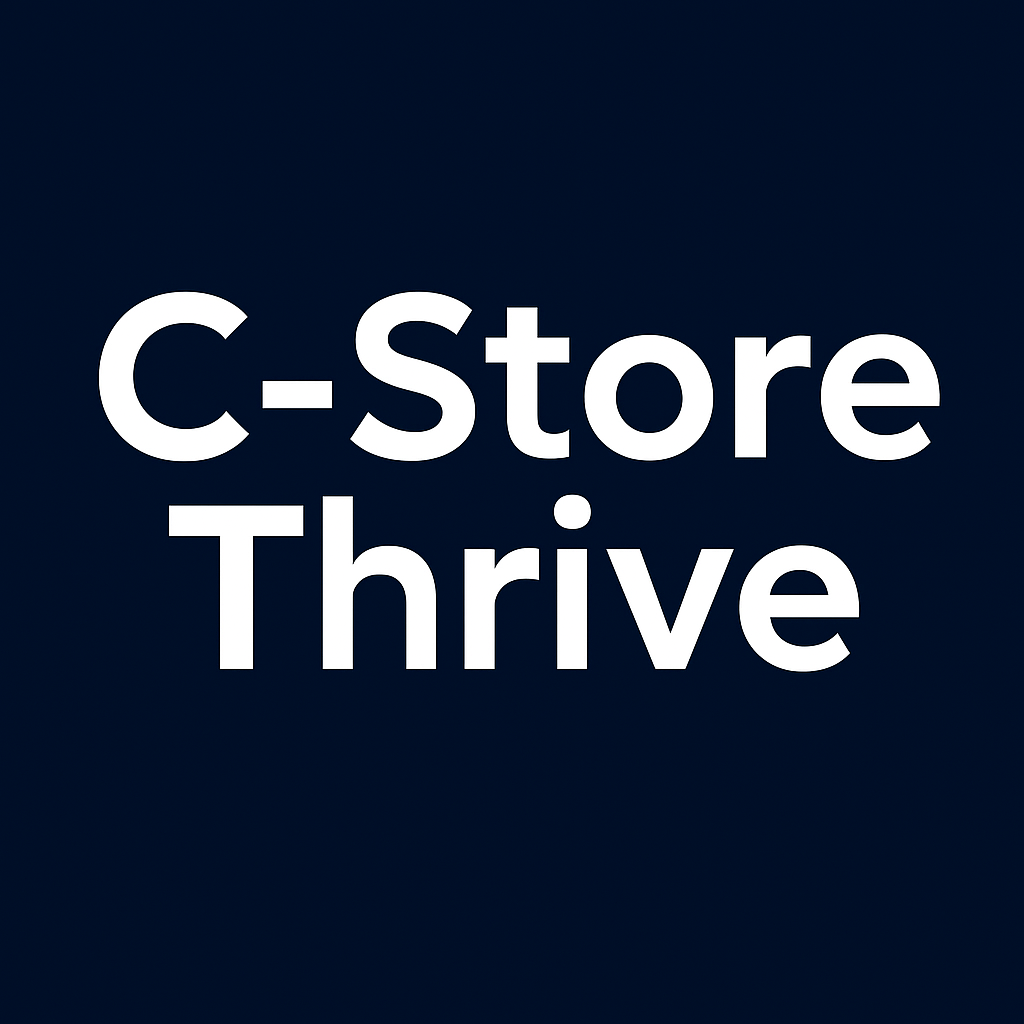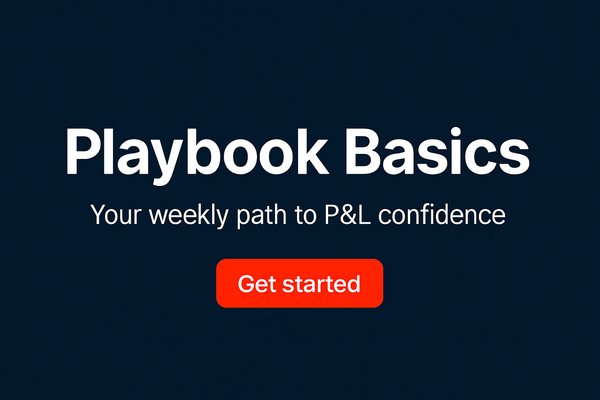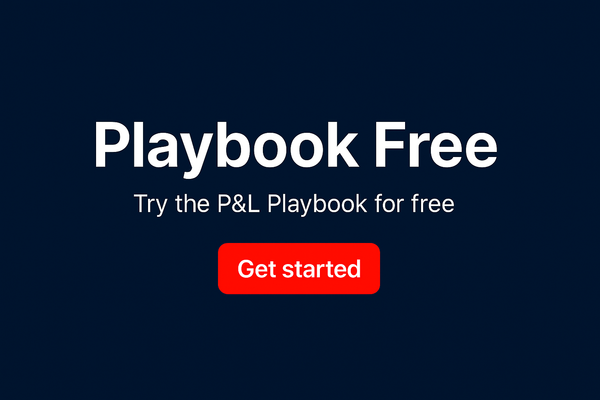How to Market a Convenience Store Locally
Independent convenience stores can compete with national chains through focused local marketing that leverages community connections. Local marketing strategies achieve 23% higher customer retention by building neighborhood relationships that corporations cannot replicate.

Independent convenience store owners face increasing competition from national chains with massive advertising budgets and brand recognition. Understanding how to market a convenience store locally enables independent operators to leverage community connections and personal relationships that large corporations cannot replicate, creating sustainable competitive advantages in neighborhood markets.
"I spent years trying to compete with corporate chains on their terms before realizing my strength was being the local store that actually cares about our community," explains Samantha Brooks, who operates two independent stores in suburban Kansas City. "Local marketing transformed us from just another convenience store into a neighborhood institution."
Industry data shows that independent convenience stores utilizing focused local marketing strategies achieve 23 percent higher customer retention rates compared to locations relying solely on word-of-mouth promotion.
Traditional Local Advertising That Still Works
Flyer Distribution remains one of the most cost-effective methods for reaching nearby residents with targeted promotions and store information. Focus distribution on apartment complexes, neighborhood mailboxes, and bulletin boards in community centers where potential customers live and gather.
Design flyers highlighting unique offerings like fresh coffee, prepared foods, or services that differentiate your store from competitors. Include specific promotions with expiration dates that create urgency while tracking response rates through coupon redemptions.
Local Newspaper Advertising provides credibility and reaches demographic groups that may not engage with digital marketing. Many community newspapers offer affordable classified sections and small display ad options that fit independent store budgets.
Kendrick Martinez, whose store serves a rural farming community, credits weekly newspaper ads with building customer awareness. "Our quarter-page ad costs $75 weekly but brings in at least $300 worth of new customers who see our fuel prices and convenience offerings."
Radio Sponsorships deliver targeted exposure during drive-time periods when potential customers are already in their vehicles and thinking about stops they might make. Local radio stations often offer package deals that include live mentions during popular programming.
Digital Community Engagement
Facebook Groups represent powerful platforms for connecting with neighborhood residents who actively discuss local businesses, events, and recommendations. Join community groups as a business representative and participate in conversations naturally rather than constantly promoting sales.
Share behind-the-scenes content showing fresh food preparation, community involvement activities, and staff recognition that builds personal connections with potential customers. Respond promptly to customer questions and complaints posted in these groups.
Valencia Singh, whose urban store benefits from active social media engagement, emphasizes authentic interaction. "I share photos of our daily specials and respond to customer suggestions personally. People appreciate knowing there's a real person behind the business who listens to their feedback."
Community Partnership Marketing
Local Sponsorships create ongoing visibility while demonstrating community commitment that resonates with neighborhood residents. Consider sponsoring youth sports teams, school fundraisers, or community events that align with your customer demographics.
Small sponsorships ranging from $100 to $500 often provide significant exposure through team jerseys, event signage, and program listings that keep your store name visible throughout entire seasons or events.
Charitable Partnerships with local organizations build positive community relationships while generating word-of-mouth recommendations from grateful recipients and supporters. Host fundraising events, donate products for charity auctions, or provide meeting spaces for community groups.
Darius Coleman, whose store partners with local schools, reports measurable business benefits. "We sponsor the high school football team's equipment fund and provide free meeting space for the PTA. Teachers and parents become regular customers because they know we support their community."
Building Word-of-Mouth Networks
Customer Recognition Programs that go beyond standard loyalty cards create personal connections that generate enthusiastic recommendations. Remember regular customers' names, preferences, and important life events that show genuine interest in their lives.
Staff Training for community engagement ensures all employees understand their role as neighborhood ambassadors who can build relationships through friendly service and local knowledge.
Understanding how to market a convenience store locally requires consistent community engagement rather than sporadic promotional campaigns. Independent operators who embrace their local identity and invest in genuine community relationships typically build customer loyalty that withstands competitive pressure from national chains.





